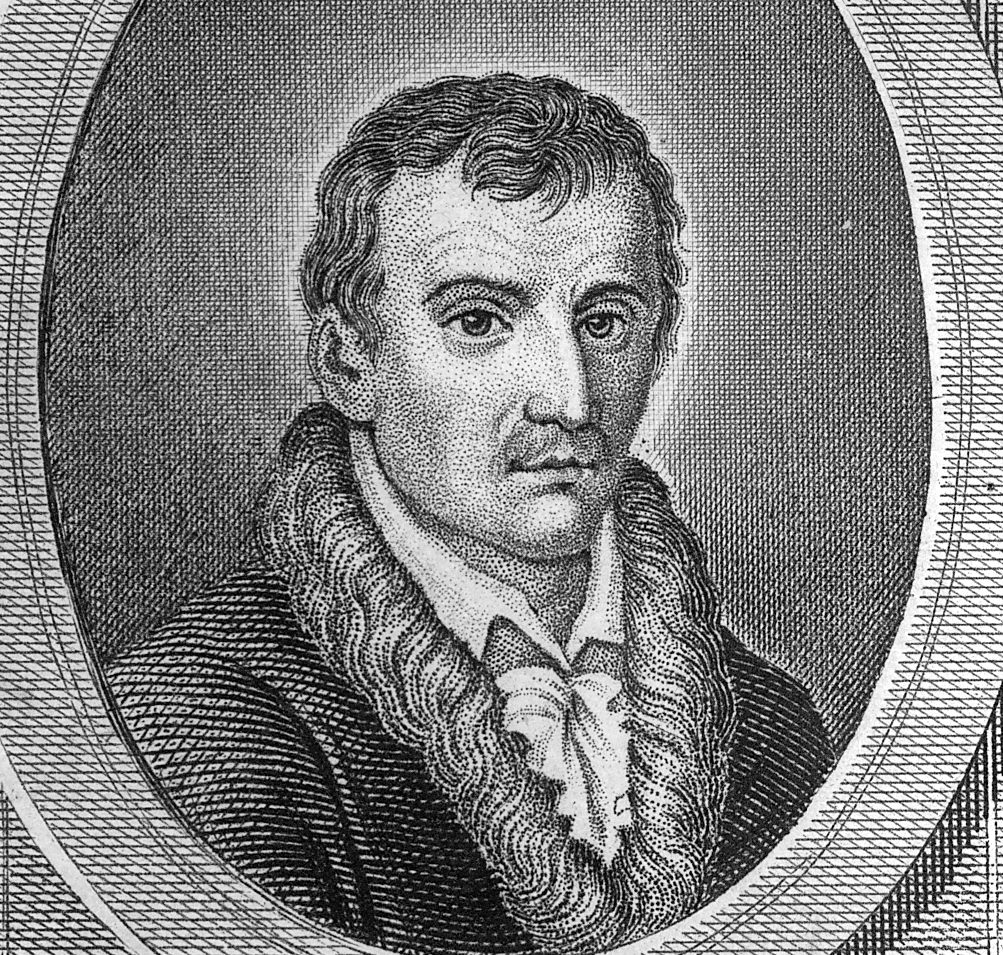
In Dresden
"This morning I was awakened by the thunder of cannon"
They had frightened us with talk that we might have difficulties over Austrian passports; but I must praise the humanity of the embassy. Herr von Büel(1), the secretary, received us very kindly, and when he learned that we wished to depart soon, he himself at once prepared the documents with the greatest friendliness; and within a few hours we received the papers, signed by Count Metternich(2), valid throughout all the imperial lands.
You know my slowness and carelessness in learned matters and in affairs of art. What should a layman do in the sanctuary? I did not see the gallery, because I should have had to put my shoes on again; I did not see the hall of antiquities, because I missed the inspector the first time; and the rest, because I was too indolent. You lose nothing; another will tell and describe it all to you better.
I visited Herr Grassi(3), more in Schnorr’s company and because I had already met him formerly in Warsaw, than from any great impulse to see his work; and yet I regard him as the best painter I have yet known. His colouring is glowing and yet very delicate, joined to a correct and interesting drawing. It seems to me he has somewhat relaxed the severe earnestness of the old true school, and poured out in its stead his own blooming and inexpressibly charming grace. He has done, with better fortune, what Oeser(4) in his last manner wished to do—through which, as art critics well know, Oeser fell among the nebulists. Both flatter; but Grassi flatters only the connoisseur, whereas Oeser flattered only the amateur. Grassi told me much besides of Warsaw, where we both found points of contact in the great crisis of the last revolution. Through the fall of Tepper(5) he had lost five thousand ducats, and during the siege was obliged to command ten men as a corporal in the citizens’ corps. Picture to yourself the gentle artist on a battery with a squad of wild Poles, where the incoming cannon-balls refused all orders. Kosciuszko’s(6) friendship and love of art at last brought the good man to safety: the general procured him passports to leave that dreadful scene, and himself gave him sufficient escort until he had nothing more to fear. You can imagine that our friend Schnorr attached himself with enthusiasm to the man; and the warmth with which they opened their hearts to one another did honour to both.
This morning I was awakened by the thunder of cannon, and on rising learned that a prince had been born to the house(7). Perhaps the gentleman will never again in his life make so much noise as on his arrival upon our planet. The princes of this house have, to the happiness of their lands, been for more than a century for the most part children of peace. Thus their merits are surely increased, and their courage is not more in question than if they had won battles.